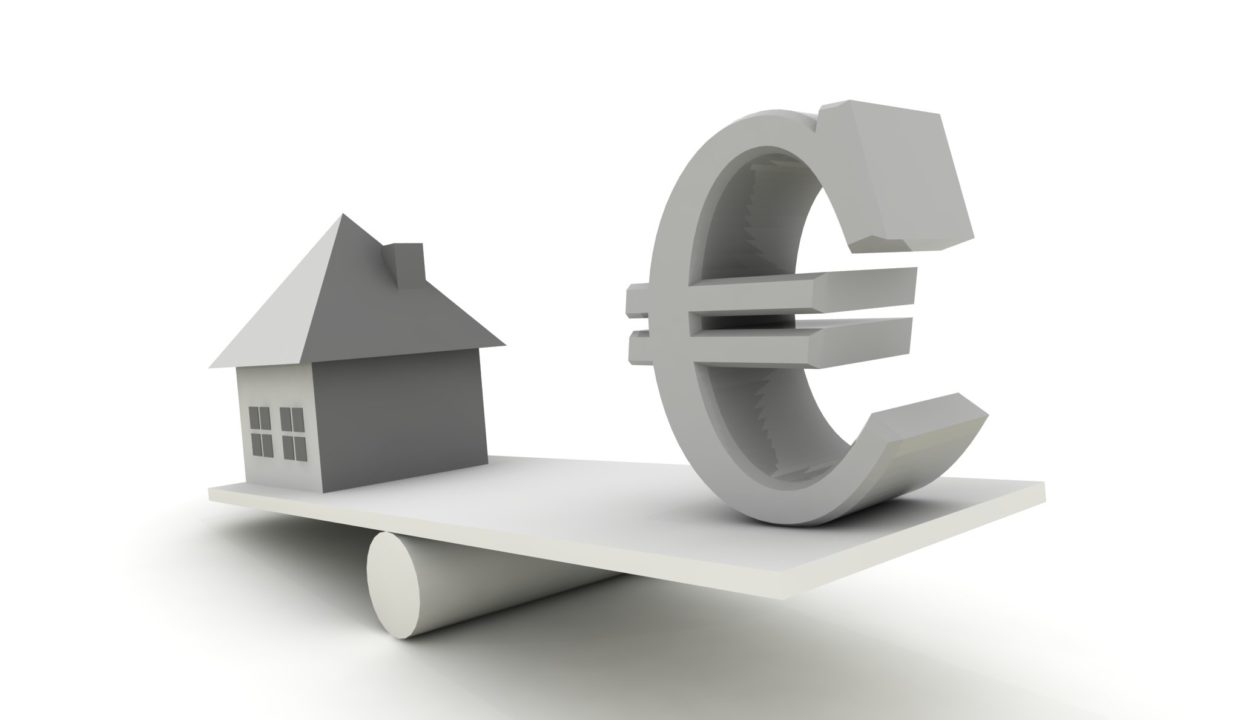
We talk about capital gains when a property in its possession is sold at a higher price than the cost incurred during the purchase phase. Generally the capital gain is taxed in the case of a second home, or when the first home is sold before the end of the five years from the purchase of the property in question. From the fiscal point of view this distinction is made with regard to taxation since the residence time factor acts as a discriminating factor for assessing whether it is a speculative operation or not.
Therefore, the capital gain is mainly subject to taxation when it is not a property of primary residence, when it is sold before five years from the purchase for the principal residence and when it has not been obtained following succession.
All transactions that involve the disposal of the real estate for value or even only the relative real rights of enjoyment are subject to capital gains. On the other hand, the assignments are free of charge or without profit, buildings belonging to the inheritance axis and the dwellings used as the main residence of the owner or his relatives for most of the time elapsed since the purchase.
Who is compulsorily subject to the law to pay the tax on the capital gain, can do so in the tax return paying on the basis of the income tax rate set for the amount of net income of the reference year. Usually it is more convenient to ask the notary at the time of the deed, the application of the substitute tax of 20% on the realized capital gain, which must be paid immediately to the notary who will proceed with the liquidation via computer.
To calculate the capital gain is very simple: it is enough to subtract from the sale of the property the amount disbursed during the purchase phase, thus obtaining the sum that will be subject to taxation.


